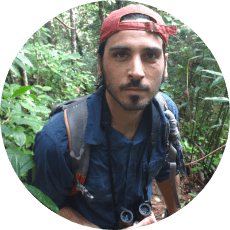
People
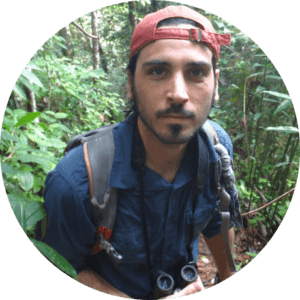
mn.adreani@gmail.com | @NMadreani
Profesor Adjunto
Sección Etología.
Facultad de Ciencias, Universidad de la República (Uruguay)
Collective Behavior Department, Universidad de Konstanz (Alemania)
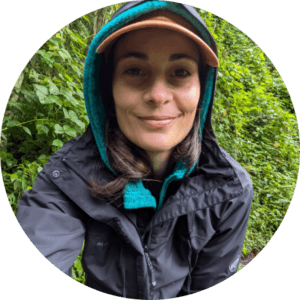
Dra. Lucía Mentesana
luciamentesana@gmail.com
Profesora Asistente
Sección Etología.
Facultad de Ciencias, Universidad de la República (Uruguay)
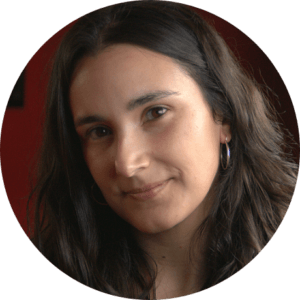
Msc. Noelle Rivas Ortiz
noellerivaso@gmail.com
Estudiante de doctorado
Sección Etología.
Facultad de Ciencias, Universidad de la República (Uruguay)

Dra. Bettina Tassino
Profesora Adjunta
Sección Etología.
Facultad de Ciencias, Universidad de la República (Uruguay)
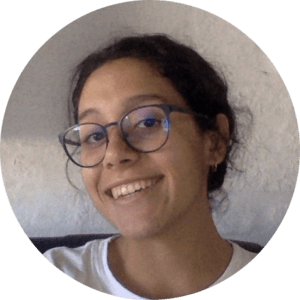
Victoria Morales Latorre
vmorales@fcien.edu.uy
Estudiante de grado
Sección Etología.
Facultad de Ciencias, Universidad de la República (Uruguay)
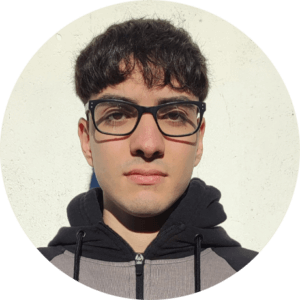
Lucio Garreta
lucio.garreta@fcien.edu.uy
Estudiante de grado
Sección Etología.
Facultad de Ciencias, Universidad de la República (Uruguay)
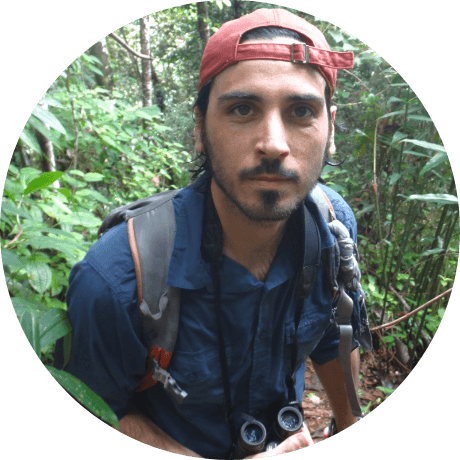
Dr. Nicolás Adreani
mn.adreani@gmail.com | @NMadreani
Profesor Adjunto
Sección Etología, Facultad de Ciencias, Universidad de la República (Uruguay)
Collective Behavior Department, Universidad de Konstanz (Alemania)
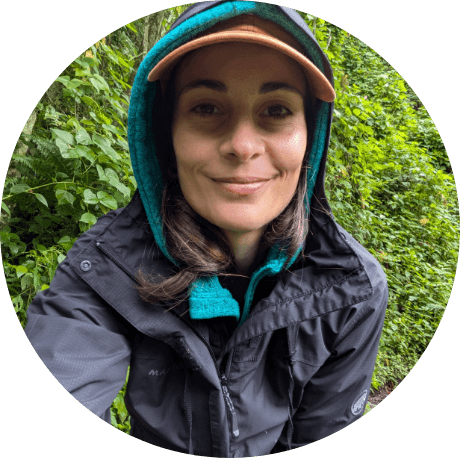
Dra. Lucía Mentesana
luciamentesana@gmail.com
Profesora Asistente
Sección Etología, Facultad de Ciencias, Universidad de la República (Uruguay)
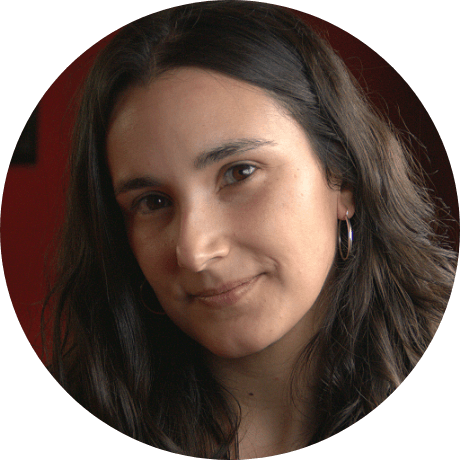
Msc. Noelle Rivas Ortiz
noellerivaso@gmail.com
Estudiante de doctorado
Sección Etología, Facultad de Ciencias, Universidad de la República (Uruguay)

Dra. Bettina Tassino
Profesora Adjunta
Sección Etología, Facultad de Ciencias, Universidad de la República (Uruguay)
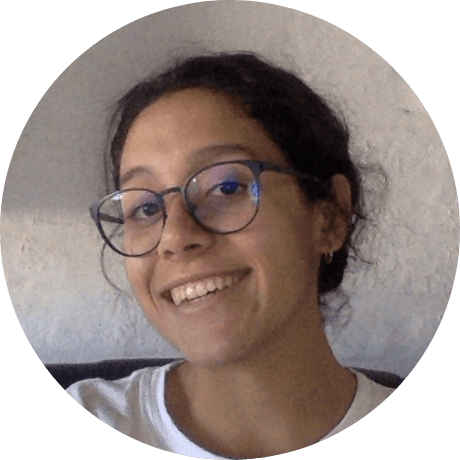
Victoria Morales Latorre
vmorales@fcien.edu.uy
Estudiante de grado
Sección Etología.
Facultad de Ciencias, Universidad de la República (Uruguay)
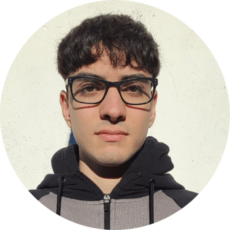
Lucio Garreta
lucio.garreta@fcien.edu.uy
Estudiante de grado
Sección Etología.
Facultad de Ciencias, Universidad de la República (Uruguay)
Colaborators
Maude Baldwin, Dr. (Max Planck Institute of Biological Intelligence, Germany)
Kaspar Delhey, Dr. (Max Planck Institute of Biological Intelligence, Germany & Monash University, Australia)
María Moirón, Dr. (University of Bielefeld, Germany)
Mihai Valcu, Dr. (Max Planck Institute of Biological Intelligence, Germany)
Manfred Gahr, Dr. (Max Planck Institute of Biological Intelligence, Germany)
Wolfgang Goyman, Dr. (Max Planck Institute of Biological Intelligence, Germany)
FuRNet: Furnarius Research Network
-
Ana Amador (Universidad de Buenos Aires, Argentina)
Paulo Amorim (Universidad Federal de Juiz de Fora, Brasil)
Kaspar Delhey (Max Planck Institute of Biological Intelligence, Germany & Monash University, Australia)
Pedro Diniz (Universidad de Brasília, Brasil)
Rosendo Fraga
Gabriel Mindlin (Universidad de Buenos Aires, Argentina)
Juan Carlos Reboreda (Universidad de Buenos Aires, Argentina)
Alejandro Schaaf (Instituto de Ecorregiones Andinas, Argentina)
Bettina Tassino (Universidad de la República, Uruguay)







